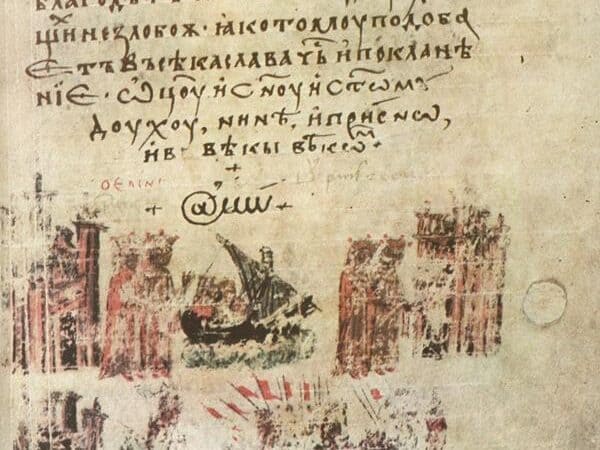In Romani, the word for television translates as ‘fool’s looking box’

In the ‘gypsy’ language of Romani they call a television a ‘dinnilos-dicking-muktar’ which literally translates as ‘fools-looking-box.’
The words ‘chav’, ‘lollipop’, and ‘pal’ also come from Romani.

Pal – a friend, from the Romani word phral, meaning brother.
‘Loli phabai’ means red apple which mutated to ‘lollipop’.
Bonus fact:
Some people call them ‘gypsies’ but this comes from the mistaken assumption that Romani people are from Egypt. They originated from India around AD 1000 and spread out across Europe. But they do not conform to the idea of nationality and prefer to call themselves ‘Romani’ which comes from the word ‘rom’ meaning ‘man.’
The Romani language has elements of Sanskrit (ancient Indian), Greek, Turkish, Iranian, Russian, Slavic, Welsh, Hindi, Arabic, Polish, Hungarian, Bulgarian etc…
Other Romani words adopted by the English include:
- Drag – a car, to race a car as in drag racing
- Cushy – easy, good, fine (from the Romani word kusht or kushti)
- Nark – a police informer (from nak, nose)
- Shiv – an improvised knife or similar weapon (possibly from chivomengro = “knife”)
- Skip (waste-collecting container like on building sites) – from Romani word skip meaning basket
- M!nge – Meaning a women’s parts. Derived from Romany word M!nge meaning the same thing
- Scran – Means food. Derived from the Romany word Satan which means to eat
- Gibberish – Means to talking nonsense. From the Romani word Jib, meaning tongue as well as language
https://en.wikipedia.org/wiki/List_of_English_words_of_Romani_origin






